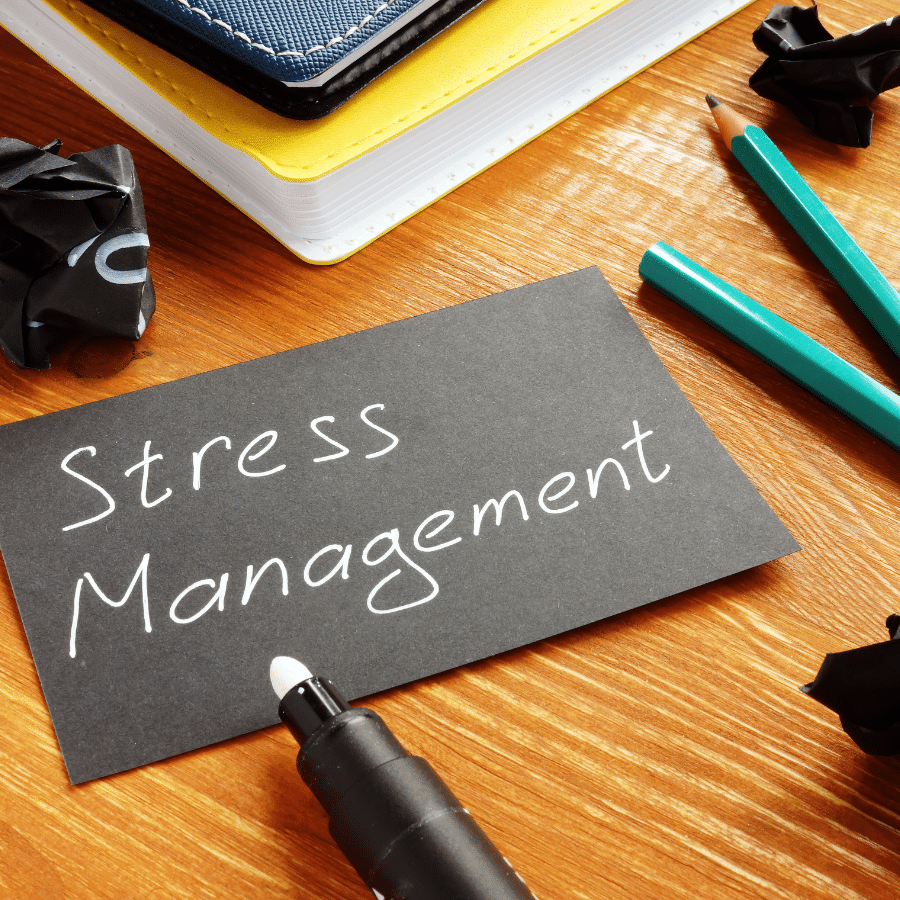Introduction
Stress is a condition that can affect people of all ages and backgrounds. It’s our body’s response to anything that threatens us and it helps us to react quickly and effectively. When we experience stress, our bodies release stress hormones that prepare us for action. However, chronic stress can lead to health problems such as anxiety and depression because it impacts how well we sleep, eat and cope with everyday challenges.Stress is a normal reaction to any threat and is an important part of the body’s survival mechanisms.
Stress is a normal reaction to any threat and is an important part of the body’s survival mechanisms. In fact, we may not survive without it! Stress occurs when you perceive that your well-being or that of others is threatened by some event or situation. The stress response gets activated in our bodies when we feel threatened, whether it’s real or imagined — such as during exams! The reason why some people feel more stressed than others has to do with how they perceive their current situation: what they think will happen if they don’t pass their exam; how they think other people will react if they fail at something important; etcetera…Stress can be positive or negative. There are ways to manage stress in a positive way.
Stress can be positive or negative. There are ways to manage stress in a positive way. Positive stress is called eustress, and it’s good for you! Eustress can help you perform better than usual under pressure, which is why it’s important to take advantage of this phenomenon when it comes time for an exam or other situation where being anxious may not be your best option.Controlled breathing, relaxation techniques and exercise are some ways to relax when stressed.
Here are some ways to reduce stress:- Controlled breathing. Take a deep breath, hold it for a few seconds and then let it out slowly. Repeat this several times until you feel calm and relaxed. This technique can also be used when you’re feeling anxious or tense during an exam.
- Relaxation techniques such as meditation, yoga or massage can help relieve tension in the body and mind by increasing relaxation responses (for example, slower heart rate).
But we should not stop there because there is more that can be done to help us manage our stress levels.
- Find ways to control your thoughts while you are under stress so that your mind doesn’t get full of negative thoughts that affect your study habits.
- The most important thing is to be aware of the difference between positive and negative stress, and how they can affect our performance in exams.
We need to find ways to control our thoughts while we’re under stress so our mind doesn’t get full of negative thoughts that affect our study habits.
- Use positive self-talk.
- Think of the positives.
- Try not to think of the negatives.
- Try to think about what you can do to improve your situation









